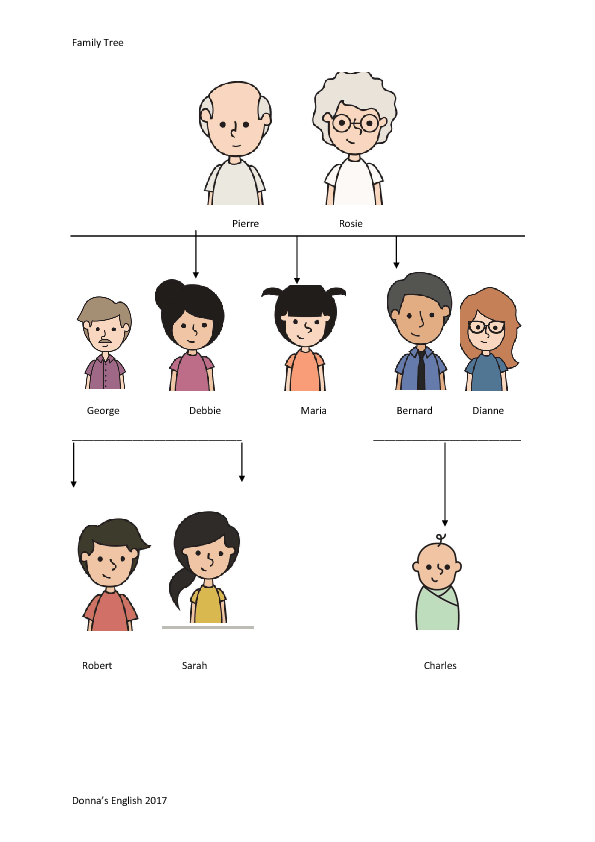

It also could end up serving as a neat keepsake for you and/or future generations, especially if you record a video. This will allow you to focus on the conversation instead of trying to spend your time taking notes on every detail. If they're OK with it, record the conversation. Be sure to ask about any children and extended relatives they remember from growing up. Ask what they remember about themselves and their immediate family members, including approximate birth years and locations, places where they might have lived, jobs they've had. Start with siblings, parents, aunts, uncles and grandparents, if they're still around. Not only is this good if you're looking to fill out your own medical history, but it also can at least provide you with a starting point for tracing your roots. Here are some of my helpful hints to help those of you who may be interested in learning more about the branches on your family tree: Ask family members what they know about themselves and previous generations, including names, dates and placesĪsk family members what they know about your shared history.

Over the past two decades, I've sort of learned or figured out a lot of things myself. So when my interest began in earnest as a junior in high school, I already had access to a pretty decent starting point.Īmong the stories I discovered were those of a great-great-grandfather who had ridden the rails halfway across the country in search of his high school sweetheart a 4x-great-grandfather who had owned the barn that authorities had burned to the ground in order to smoke out a presidential assassin and a 10x-great-grandfather who had hidden the sixth and final wife of a king who had opted to kill his wives rather than divorce them.


 0 kommentar(er)
0 kommentar(er)
